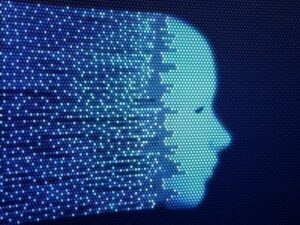
Administrators at the University of California Los Angeles (UCLA) have abandoned their plans to bring facial recognition to the campus. The proposed surveillance system would have used facial recognition to identify people trying to gain access to various buildings, and to spot people who are not supposed to be on university grounds.
However, the scheme faced strong opposition from students and Fight for the Future, an advocacy group that is working to prevent the use of facial recognition. Fight for the Future generated multiple false matches when it ran the images of UCLA athletes and professors through a mugshot database, noting that people of color were more likely to be misidentified.
UCLA students, meanwhile, began expressing their discontent at a town hall in January. Many described the scheme as a breach of student privacy, while an editorial in The Bruin argued that it would “make students feel unsafe on a campus they are supposed to call home.” Activists noted UCLA was breaking from top universities like Harvard and MIT, which have stated that they will not be deploying facial recognition on campus.
The stern resistance ultimately convinced the administration to make a similar decision, and back away from facial recognition for the time being.
“We have determined that the potential benefits are limited and are vastly outweighed by the concerns of our campus community,” said UCLA Administrative Vice Chancellor Michael Beck in a written statement.
Even though the facial recognition scheme is no longer on the table at UCLA, student activists are still working with Fight for the Future to plan a national day of protest on March 2. Campuses across the country are expected to participate in the event.
The UCLA decision arrives as the debate around facial recognition has intensified in the past year. In May, San Francisco became the first of many cities to ban the technology. More recently, the New York Times uncovered the controversial activities of Clearview AI, which has been licensing its facial recognition database to law enforcement agencies without any form of formal oversight.
Sources: USA Today, Tech Crunch
–
February 20, 2020 – by Eric Weiss







Follow Us